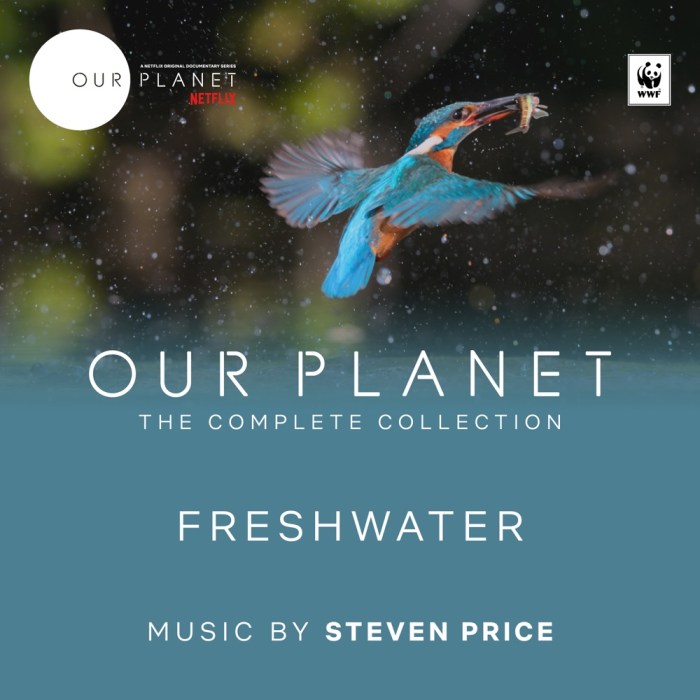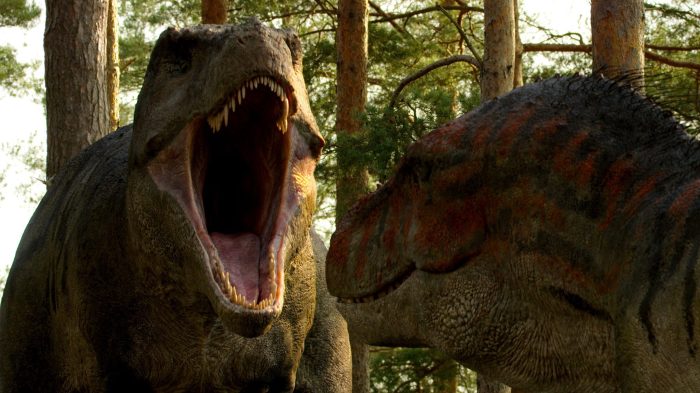Our planet episode 7 fresh water answer key: Delve into the captivating world of freshwater ecosystems, uncovering their significance, threats, and the crucial role of conservation. Join us on an enlightening journey to unravel the mysteries of our planet’s lifeblood.
In this episode, we embark on an exploration of diverse freshwater habitats, from serene lakes to mighty rivers, highlighting their unique characteristics and the extraordinary flora and fauna they support. We delve into the pressing threats facing these ecosystems, including pollution, climate change, and unsustainable practices.
Introduction
The “Our Planet” documentary series, narrated by Sir David Attenborough, showcases the breathtaking beauty and diversity of Earth’s ecosystems. Episode 7, titled “Fresh Water,” delves into the vital role of freshwater ecosystems and the urgent threats they face. This answer key provides a comprehensive summary of the episode’s key points, highlighting the importance of conserving these invaluable resources.
Episode Summary

Episode 7 explores the diverse freshwater ecosystems around the world, from vast rivers and lakes to wetlands and underground aquifers. It emphasizes the essential role these ecosystems play in supporting a wide range of life, including humans. The episode also highlights the major threats to freshwater ecosystems, such as pollution, climate change, and habitat destruction.
Through compelling footage and expert interviews, the episode urges viewers to take action to protect and preserve these precious resources.
Freshwater Ecosystems
Rivers
Rivers are dynamic ecosystems that provide essential habitats for a variety of aquatic life. They support a diverse array of fish, amphibians, reptiles, and birds. Riverbanks also serve as important corridors for terrestrial animals.
Lakes
Lakes are bodies of standing water that vary in size and depth. They provide habitats for a wide range of aquatic plants and animals, including fish, turtles, frogs, and waterfowl. Lakes also play a crucial role in regulating water flow and storing carbon.
Wetlands
Wetlands are transitional areas between aquatic and terrestrial ecosystems. They include marshes, swamps, and bogs. Wetlands provide important habitats for many species of birds, fish, amphibians, and reptiles. They also play a vital role in filtering water and reducing flooding.
Underground Aquifers
Underground aquifers are vast stores of freshwater located beneath the Earth’s surface. They provide drinking water for millions of people worldwide and support ecosystems that rely on groundwater.
Freshwater Threats
Pollution
Pollution from industrial waste, agricultural runoff, and sewage poses a major threat to freshwater ecosystems. Contaminants can accumulate in water bodies, harming aquatic life and making water unsafe for drinking.
Climate Change
Climate change is leading to changes in precipitation patterns, which can disrupt the water cycle and affect the availability of freshwater. Rising temperatures can also lead to algal blooms and other water quality problems.
Habitat Destruction, Our planet episode 7 fresh water answer key
Habitat destruction occurs when natural areas are converted to other uses, such as agriculture or development. This can destroy or fragment freshwater ecosystems, harming the species that depend on them.
Conservation and Solutions

Protecting Wetlands
Wetlands provide numerous benefits, including flood control, water filtration, and habitat for wildlife. Conserving wetlands is essential for maintaining the health of freshwater ecosystems.
Reducing Pollution
Reducing pollution from industrial, agricultural, and municipal sources is crucial for protecting freshwater ecosystems. This can be achieved through regulations, incentives, and public awareness campaigns.
Climate Change Mitigation
Mitigating climate change by reducing greenhouse gas emissions is essential for protecting freshwater ecosystems from the impacts of climate change.
Personal Actions

Individuals can take actions to conserve freshwater, such as:
- Reducing water consumption
- Properly disposing of waste
- Supporting organizations that work to protect freshwater ecosystems
- Educating others about the importance of freshwater conservation
By taking these actions, individuals can contribute to the preservation of these vital ecosystems for future generations.
Helpful Answers: Our Planet Episode 7 Fresh Water Answer Key
What is the main purpose of episode 7 of Our Planet?
Episode 7, titled “Fresh Water,” aims to raise awareness about the importance of freshwater ecosystems, highlight the threats they face, and inspire viewers to take action for their conservation.
What are some of the key threats to freshwater ecosystems?
Major threats include pollution from industrial and agricultural activities, habitat destruction, unsustainable water extraction, and the impacts of climate change.
How can we contribute to the conservation of freshwater ecosystems?
Personal actions such as reducing water consumption, supporting sustainable agriculture, and advocating for water protection policies can make a significant impact.